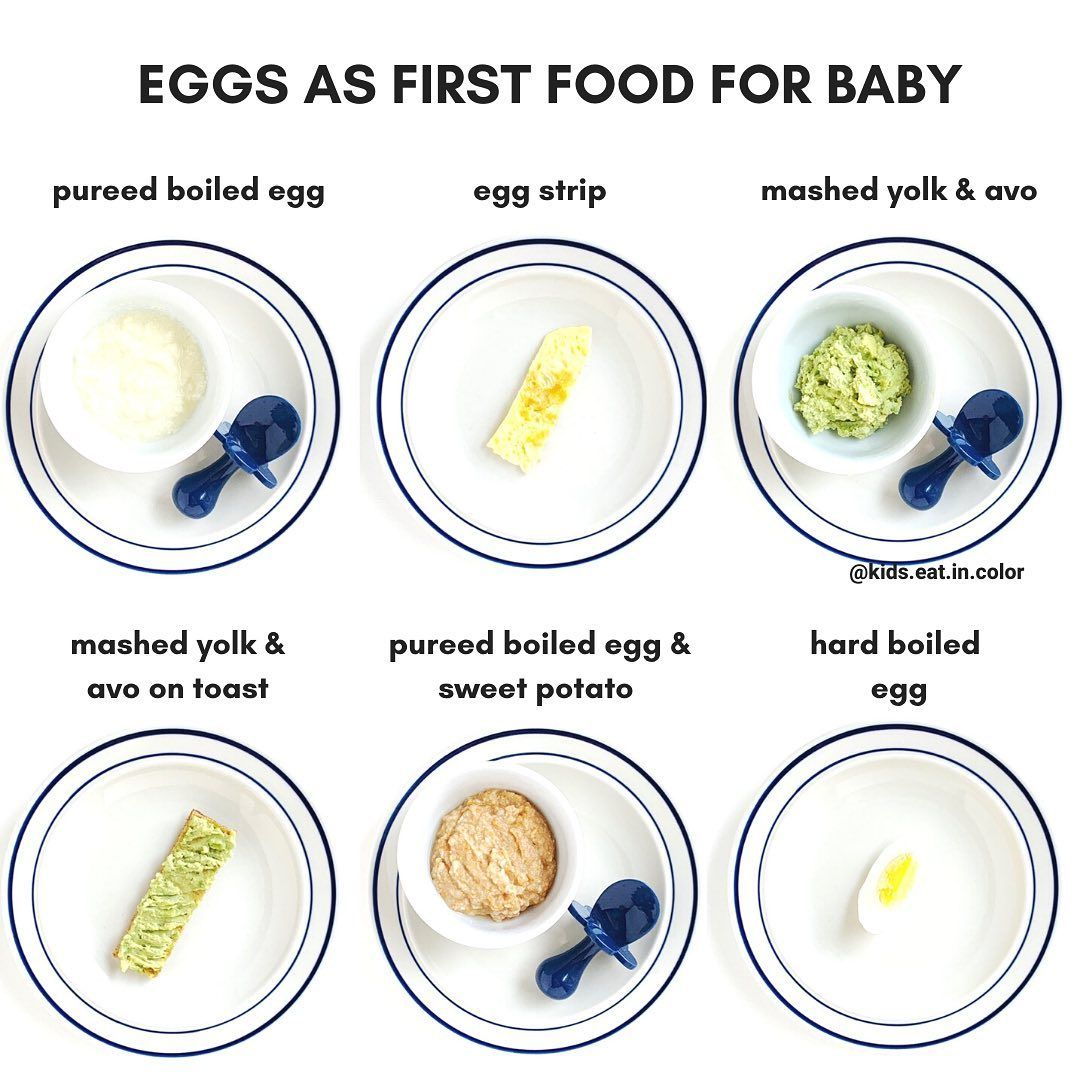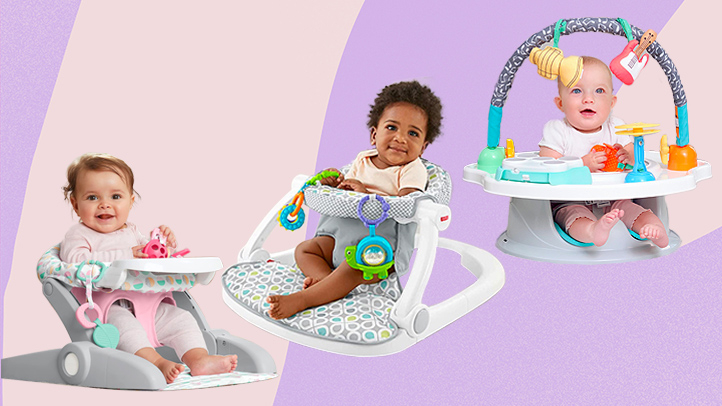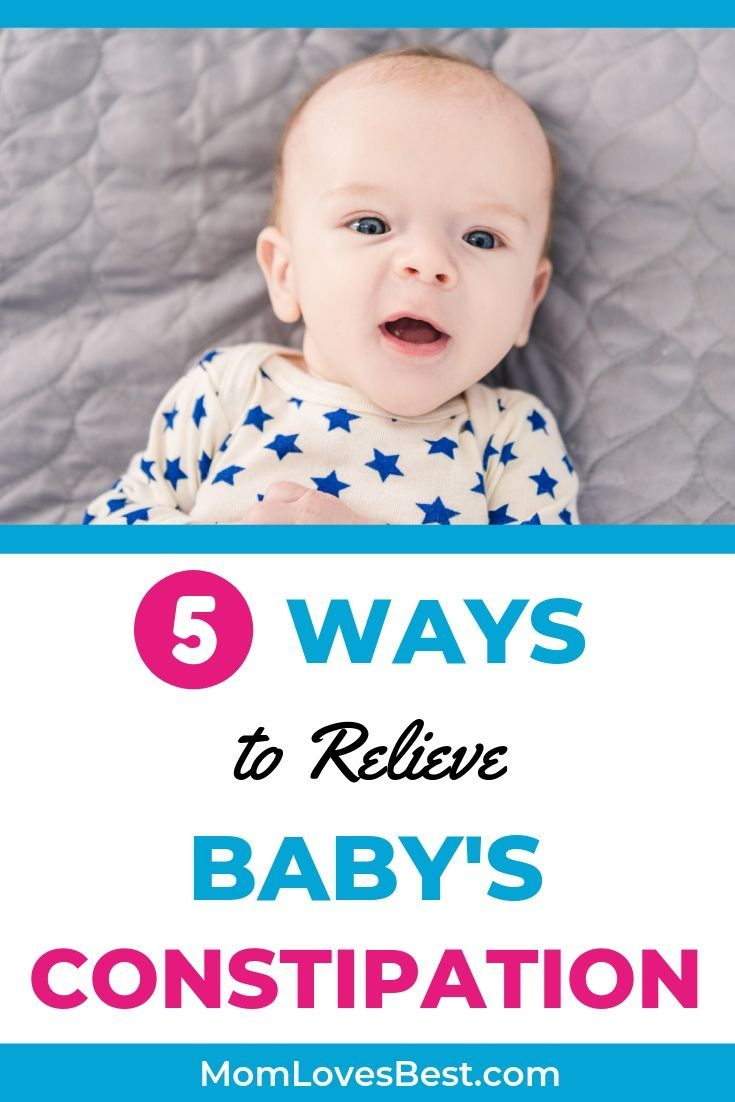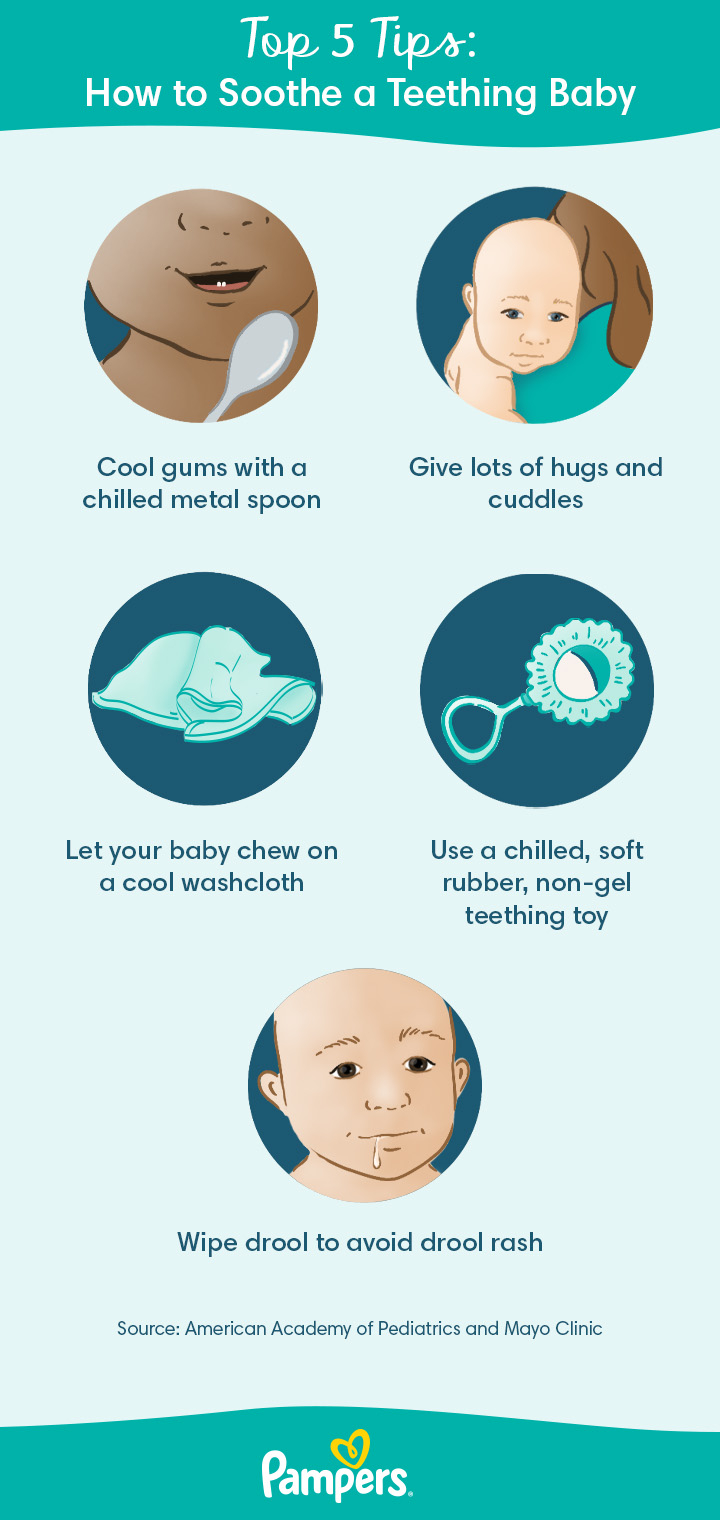How To Introduce Egg To Baby
Introducing eggs to your baby’s diet is a major milestone in their nutritional journey. Eggs are a great source of protein, vitamins, and minerals that are essential for your baby’s growth and development. However, it’s important to introduce eggs to your baby in the right way to ensure they are safe and well-received. In this article, we will explore the best practices for introducing eggs to your baby and provide you with all the information you need to make this transition smooth and successful.
Knowledge
When it comes to introducing eggs to your baby, it’s important to start slowly and monitor for any signs of allergies. Begin by offering your baby a small amount of cooked egg yolk, as this is less likely to cause an allergic reaction compared to egg whites. You can mix the egg yolk with other foods your baby enjoys, such as pureed fruits or vegetables, to make it more appealing.
When introducing eggs to your baby, it’s important to choose organic or free-range eggs whenever possible. These eggs are generally higher in nutrients and lower in harmful chemicals compared to conventionally raised eggs. Be sure to cook the eggs thoroughly to reduce the risk of foodborne illnesses.
After introducing eggs to your baby, watch for any signs of allergies, such as rash, hives, vomiting, or difficulty breathing. If you notice any of these symptoms, stop feeding eggs to your baby immediately and consult with a pediatrician. It’s also a good idea to introduce new foods one at a time, so you can easily identify the culprit in case of an allergic reaction.
Once your baby has successfully tolerated egg yolk, you can gradually introduce cooked egg whites. Start with a small amount and gradually increase the quantity as your baby gets older. Remember to always supervise your baby while they are eating to prevent choking hazards.
Conclusion
Introducing eggs to your baby can be a rewarding experience that provides them with valuable nutrients for their growth and development. By following the guidelines outlined in this article, you can ensure a smooth and successful transition to including eggs in your baby’s diet. Remember to always consult with your pediatrician before making any significant changes to your baby’s diet.
Overall, eggs are a nutritious and versatile food that can be a great addition to your baby’s diet. With proper preparation and monitoring, you can introduce eggs to your baby in a safe and enjoyable way. Keep in mind that every baby is different, so it’s important to be patient and flexible as you navigate this new culinary adventure with your little one.






